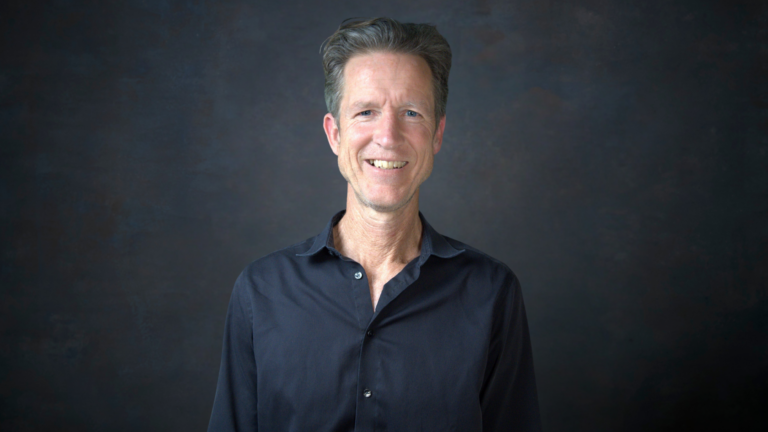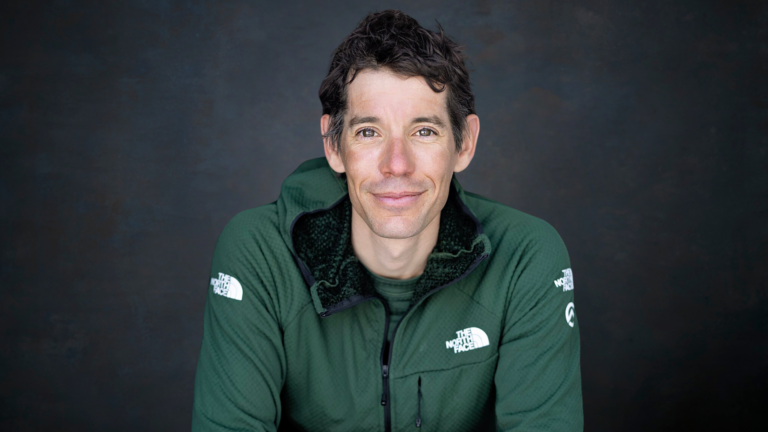Anders Ericsson is a Swedish psychologist and Conradi Eminent Scholar and Professor of Psychology at Florida State University who is internationally recognized as a researcher in the psychological nature of expertise and human performance.
He is the co-editor of The Cambridge Handbook of Expertise and Expert Performance, a volume released in 2006. Ericsson’s research with Herbert A. Simon on verbal reports of thinking is summarized in a book Protocol Analysis: Verbal Reports as Data, which was revised in 1993. With Bill Chase, he developed the Theory of Skilled Memory based on detailed analyses of acquired exceptional memory performance.
Currently, Ericsson studies expert performance in domains such as medicine, music, chess, and sports, focusing exclusively on extended deliberate practice (e.g., high concentration practice beyond one’s comfort zone) as a means of how expert performers acquire their superior performance.
Critically, Ericsson’s program of research serves as a direct complement to other research that addresses cognitive ability, personality, interests, and other factors that help researchers understand and predict deliberate practice and expert performance.
“If you’ve been doing something for long enough, that’s just not enough for you to reach a superior performance.”
In This Episode:
- His early yearning to understand how knowledge was generated
- Seeking a deeper context for learning beyond retaining information
- The key to mastering a domain
- How his research differs from Malcolm Gladwell’s 10,000 hours rule
- Creating “representations” to explore further expertise
- The true meaning of deliberate practice
- Difference between expertise and mastery
- The ideal method for learning and practice
- Applying deliberate practice to less quantifiable facets of life
- Whether external rewards are important for motivation



